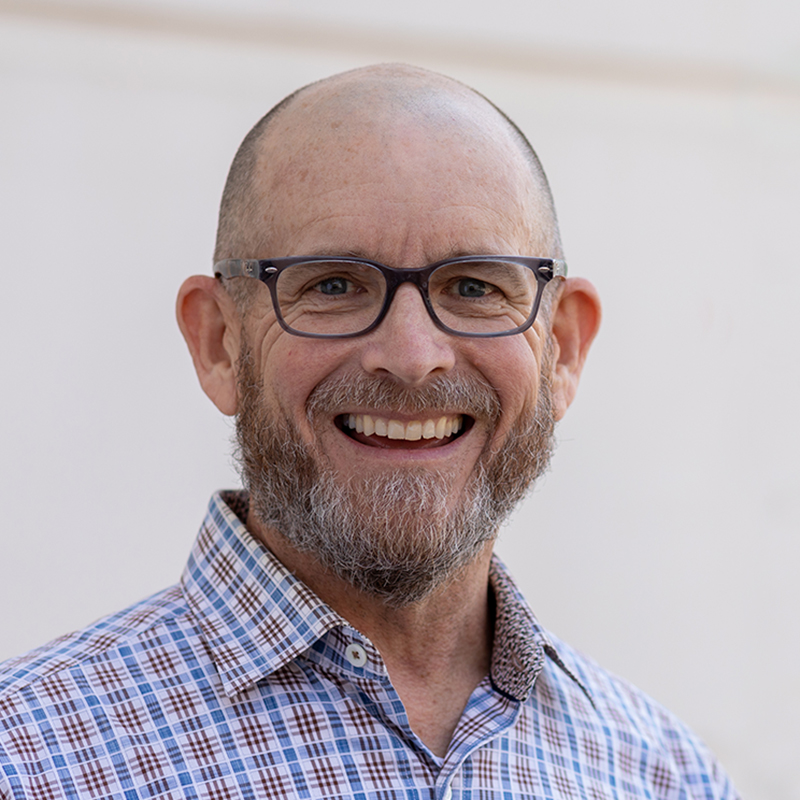We Work Hard for the Money: But Does it Treat Us Right?

I was at a conference recently and struck up a conversation with an insured about happiness. He cited a study I remembered reading several years ago, and it reminded me to revisit the idea of money and happiness. The pursuit of happiness is a universal human endeavor. Lawyers, with their demanding careers and potentially lucrative salaries, might be particularly curious about the link between money and well-being.
A widely cited 2010 study by Nobel laureates Daniel Kahneman and Angus Deaton suggested a surprising answer: after a certain point, more money doesn't translate to greater happiness. Their research found that in the United States, surpassing an annual income of around $75,000 yielded no significant increase in emotional well-being.
However, this seemingly straightforward conclusion has been challenged by subsequent research. Studies by Matthew Killingsworth and others suggest the link between income and happiness might be more nuanced. Killingsworth's data showed a continued positive correlation between income and happiness, even beyond the $75,000 mark. Kahneman has even come around to Killingsworth’s way of thinking about money and happiness. So, what does this mean for lawyers seeking a fulfilling life?
The key takeaway lies not in the exact income threshold, but in how you spend your money. Several studies, including one published by Harvard Business School, have revealed a crucial distinction: spending on experiences and others brings a greater happiness boost than spending on material possessions. It makes sense if you think about it. The joy of a weekend getaway with loved ones or the satisfaction of donating to a worthy cause likely lingers longer and fosters deeper connections than the fleeting pleasure of a new gadget. Experiences create memories and strengthen bonds, while material possessions often depreciate and lose their novelty.
Here's how you can leverage this knowledge:
- Prioritize experiences over "stuff." Plan that dream vacation or take a cooking class with friends. These experiences will likely bring lasting joy and positive memories.
- Invest in relationships. Spend time with loved ones, attend social events, or volunteer in your community. Strong social connections and service are a cornerstone of happiness.
- Consider financial planning with a happiness lens. When making financial decisions, factor in the potential for experiences. Perhaps you can optimize your budget to create space for those enriching activities.
So, imagine this: you win that big case, the one that finally pushes your salary well past the mythical $75,000 threshold. The initial thrill fades, replaced by a nagging question: Is this it? The good news is it does not have to be. By prioritizing experiences and investing in others, you can translate your hard work into a life that's not just financially secure, but deeply fulfilling. Think weekend retreats with loved ones, volunteering for a cause you care about, or finally learning that new language. These are the investments that pay dividends in lasting happiness, something no billable hour can ever truly buy. So go ahead, close that big deal, but remember, true success lies not just in what you achieve, but how you choose to experience it.




